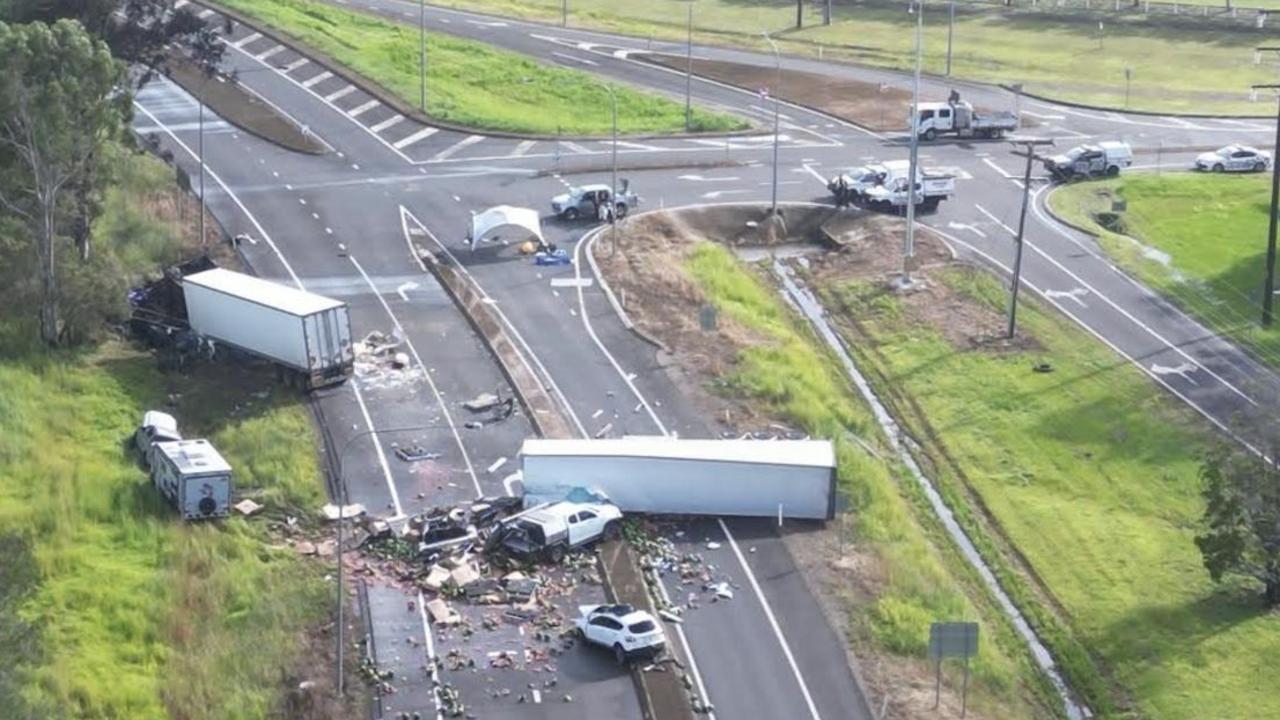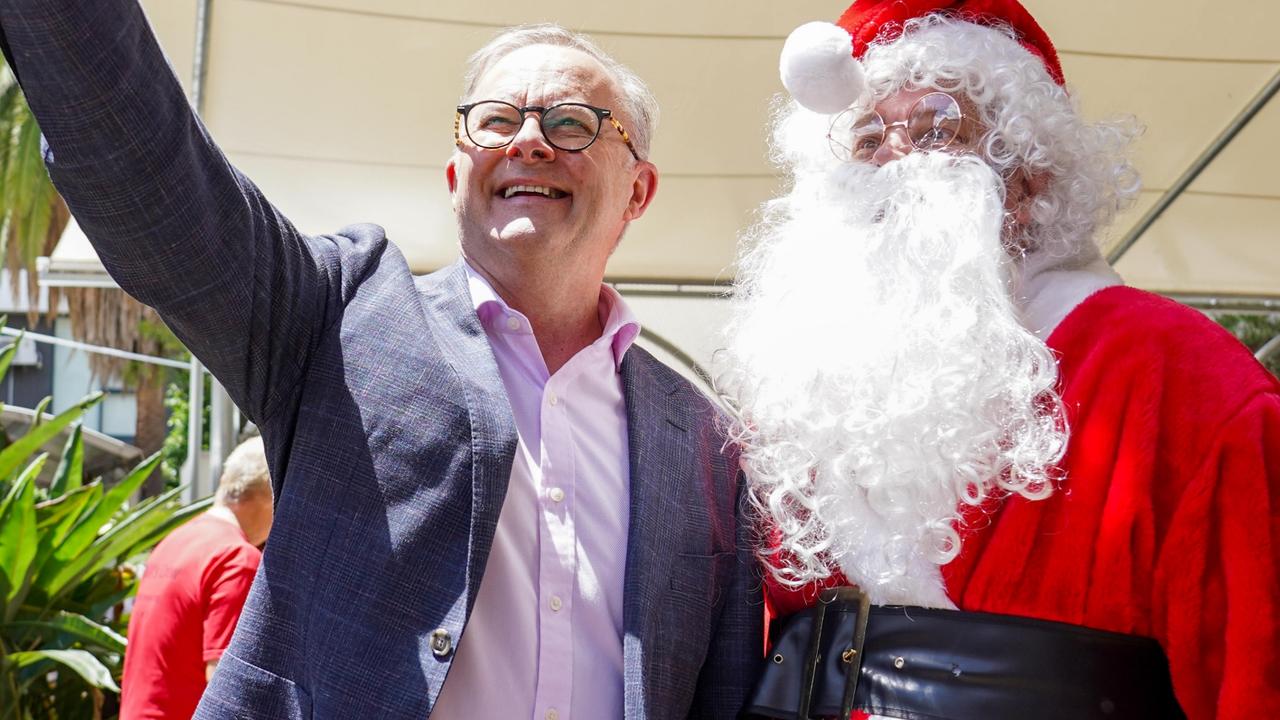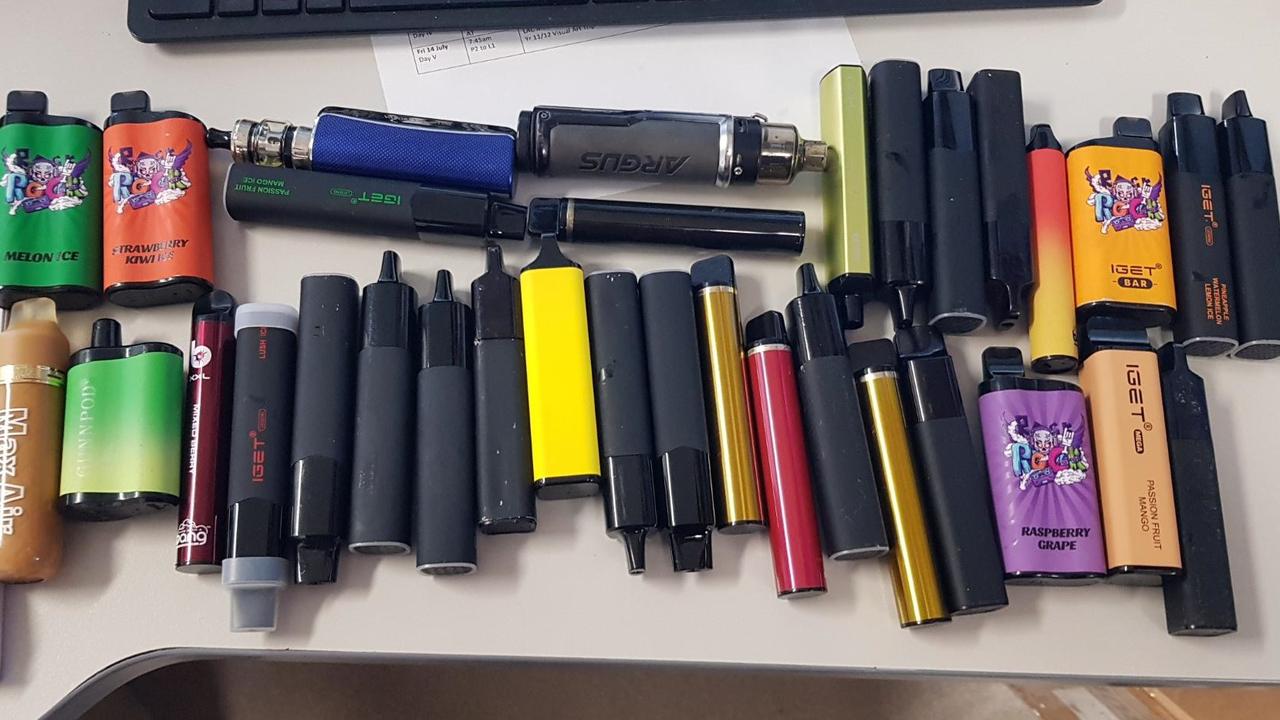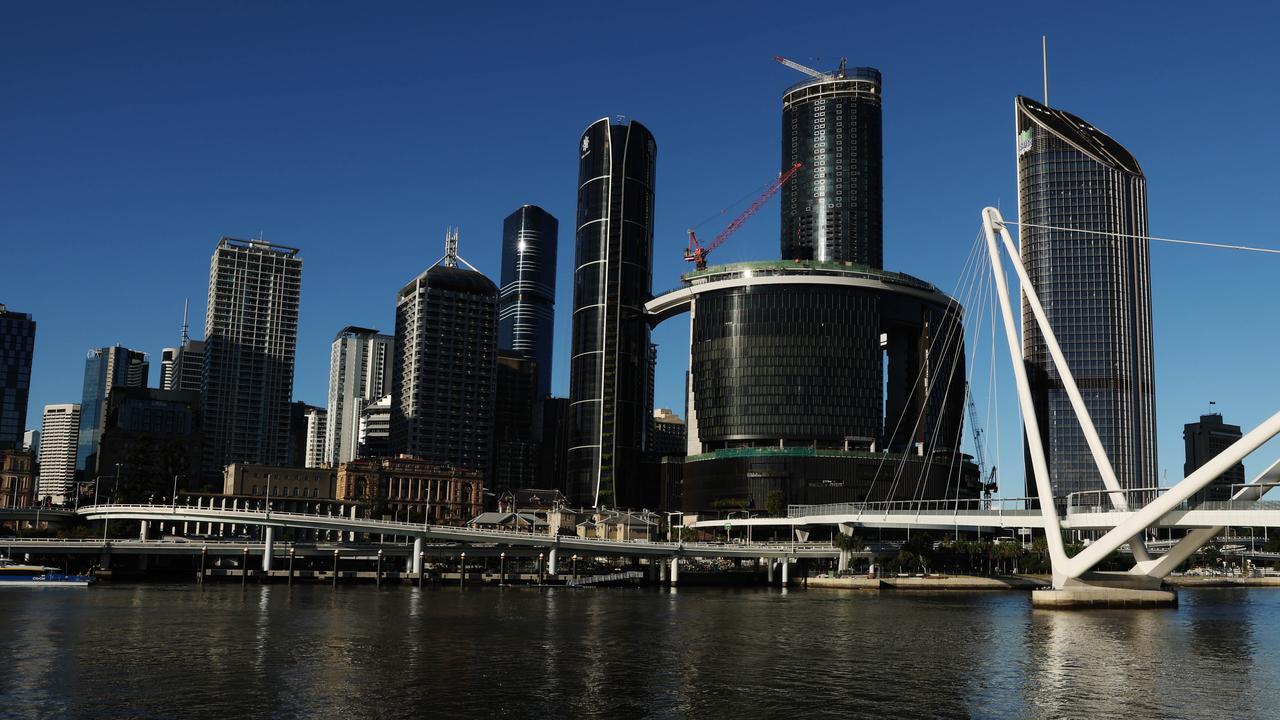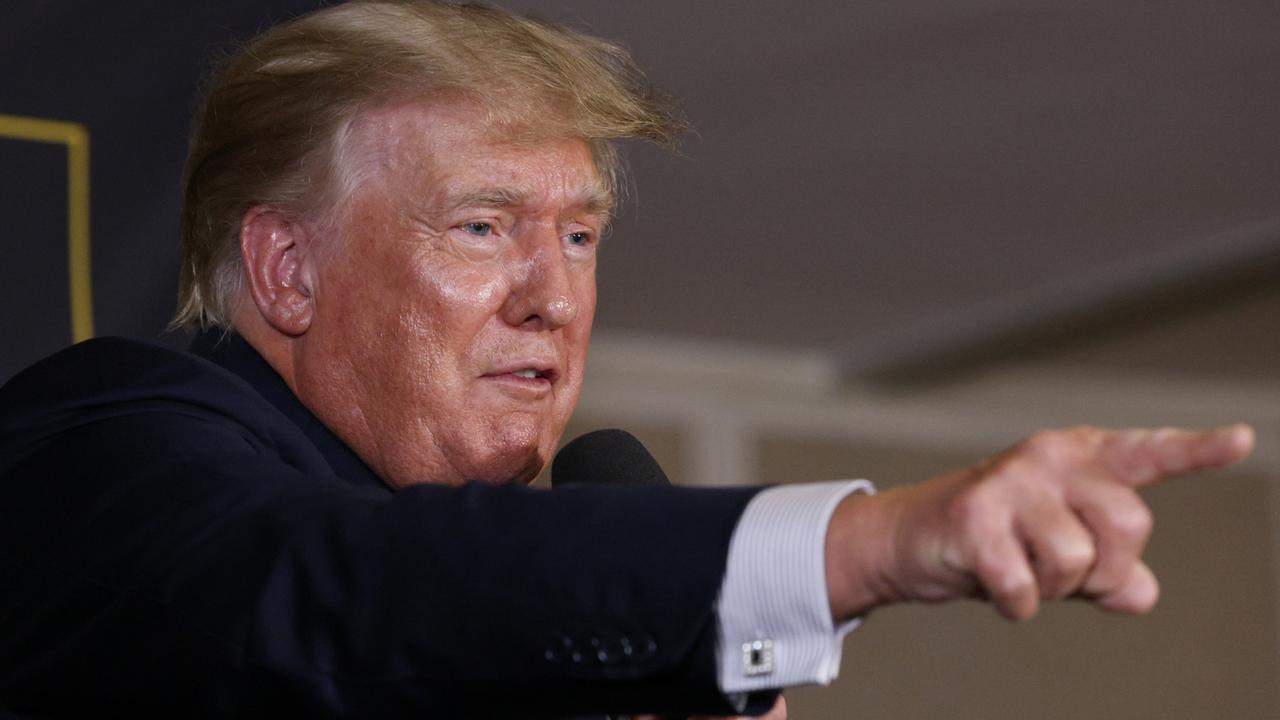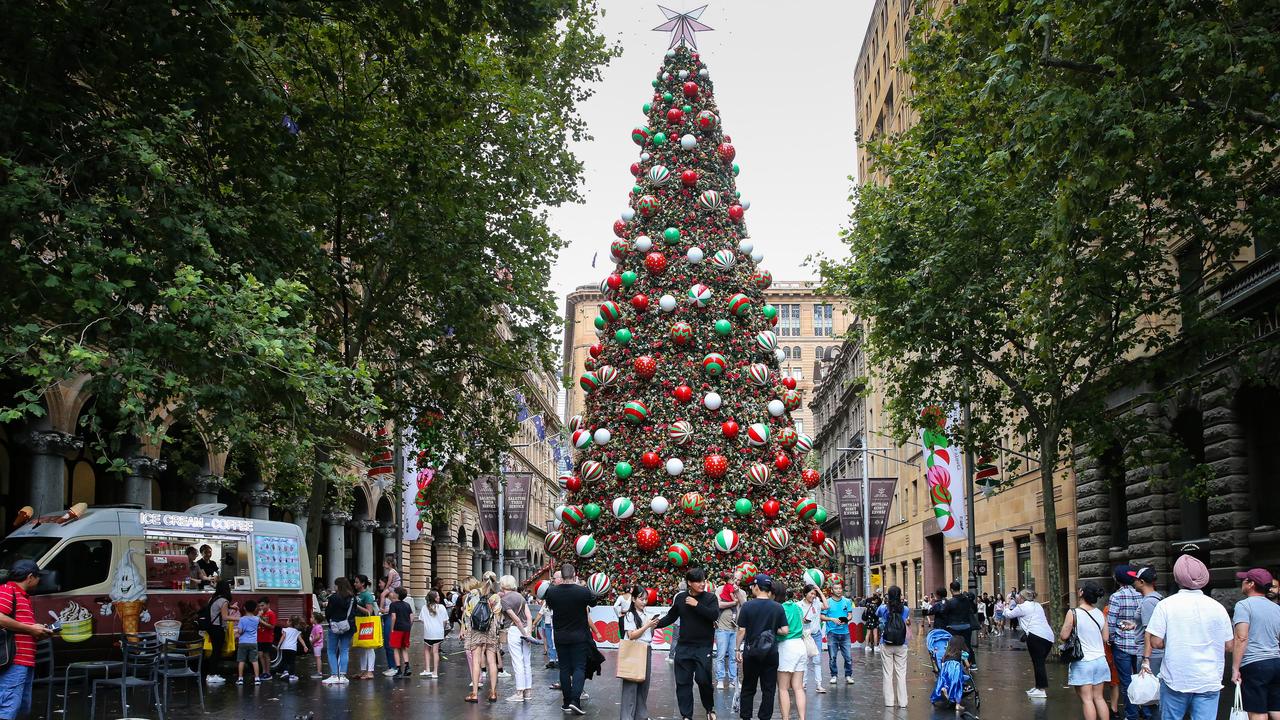Des Houghton: Why coal became a dirty word in Qld but continues to be essential
Premiers Annastacia Palaszczuk and Steven Miles were hostile to coal. This was a massive mistake, argues Des Houghton.
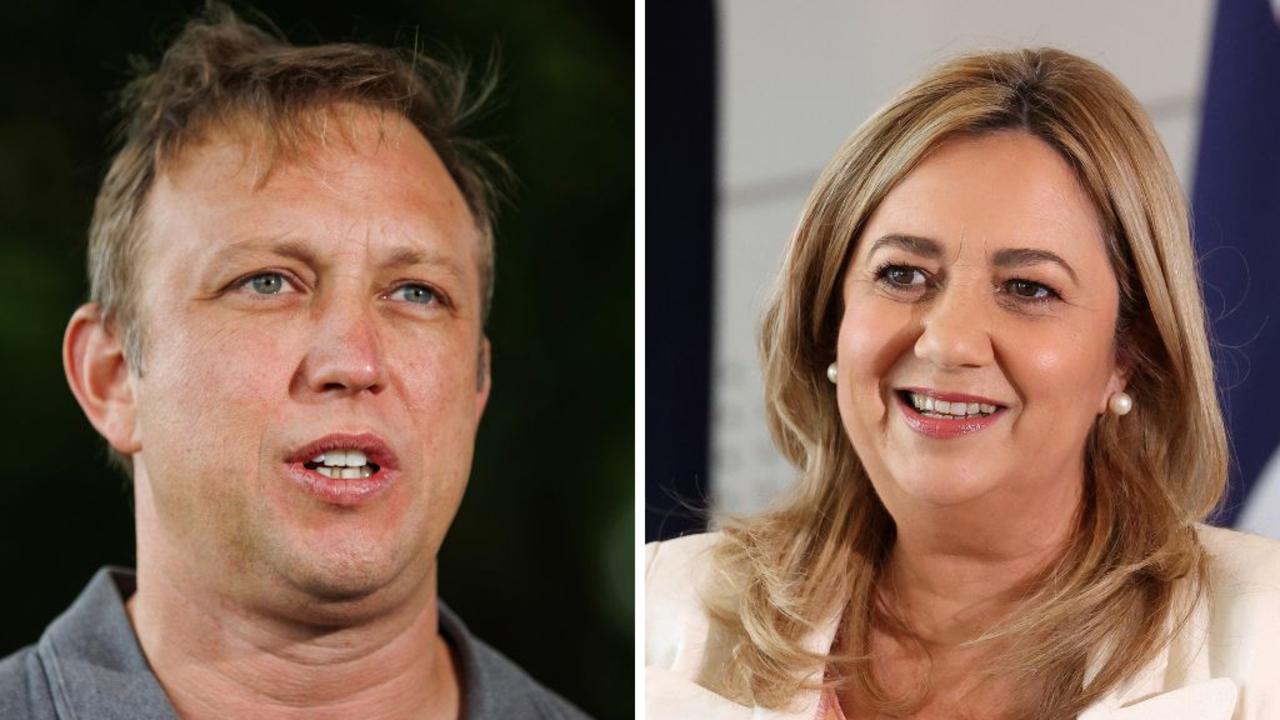
Opinion
Don't miss out on the headlines from Opinion. Followed categories will be added to My News.
I’m about to write an obscene four-letter word. No, not that one, but it is a dirty one, nevertheless.
The word is coal. There, I said it.
For nine years in Queensland, it was the word that dared not speak its name. Coal was demonised despite the prosperity it delivered at home and abroad.
Premiers Annastacia Palaszczuk and Steven Miles were hostile to coal. Palaszczuk allowed anti-coal zealots in her government to block Adani’s Carmichael mine for nine years, thereby turning her back on royalty riches. I still don’t know whether Palaszczuk had an ideological opposition to coal, or whether her hidden objective was to curry favour with environmentalists. Palaszczuk wouldn’t even use the word coal despite it being essential to our energy security.
Adani, now Bravus, jumped every hurdle put in its path. Along the way it built the Rugby Run solar farm at Moranbah in Central Queensland to help make the Adani Group the world’s biggest solar energy company.
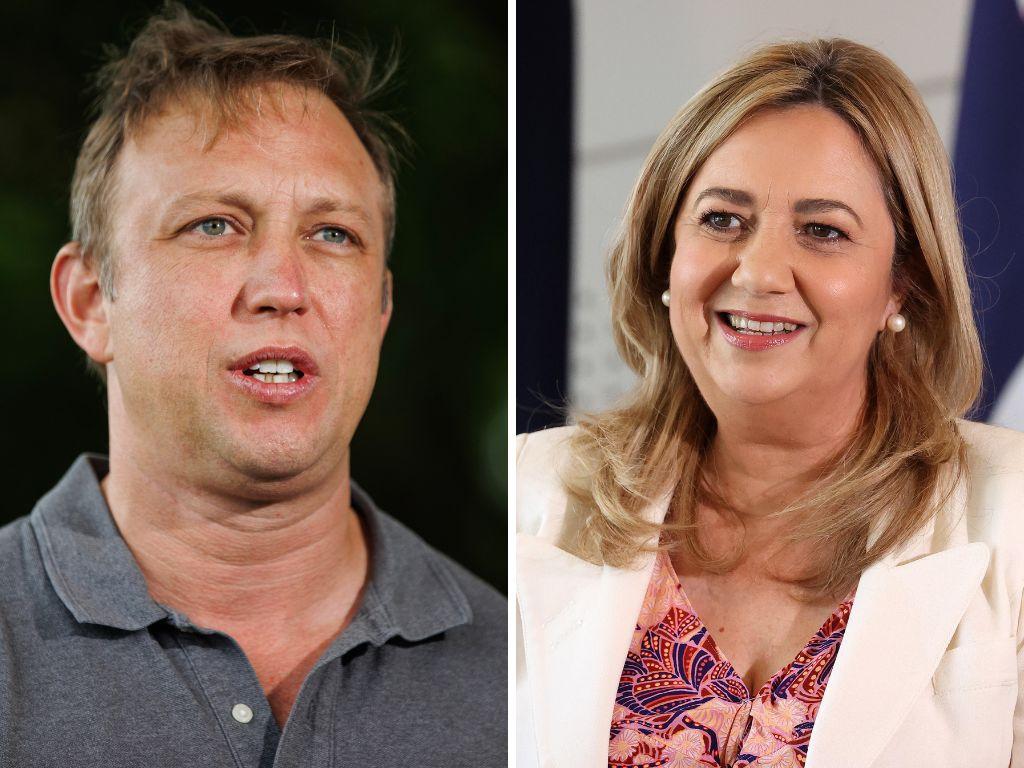
It is not very well known that Steven Miles is “proudly” one of former US Vice President Al Gore’s Climate Reality Leaders, who according to their website are “dedicated to mobilising actions around climate change”.
In 2007, Miles signed up for Gore’s second international training event, held in Melbourne, because as Miles put it, he’d had a green epiphany as he and his wife were “excitedly awaiting the arrival of their first child” and he “began to think more deeply about protecting Queensland’s environment”. In 2009, a social media post by Miles highlighted his commitment to the anti-coal cause by criticising the then-Bligh government’s “plans to fast-track new coal mines”.
In my opinion both premiers were living in a fools’ paradise by pretending that coal was increasingly irrelevant to our needs and that we would all be better off if our coal mines shut. Palaszczuk and Miles liked coal for the jobs and royalties but despised it for its perceived environmental and political harm. It might shock the carrot munchers to learn where the power comes from to run their juice extractors.
The semi-government Australian Energy Market Operator, AEMO, said coal-fired turbines delivered 74 per cent of our power in the past 12 months. Gas, hydro and wind provide much smaller volumes. That figure has hardly moved in recent years.
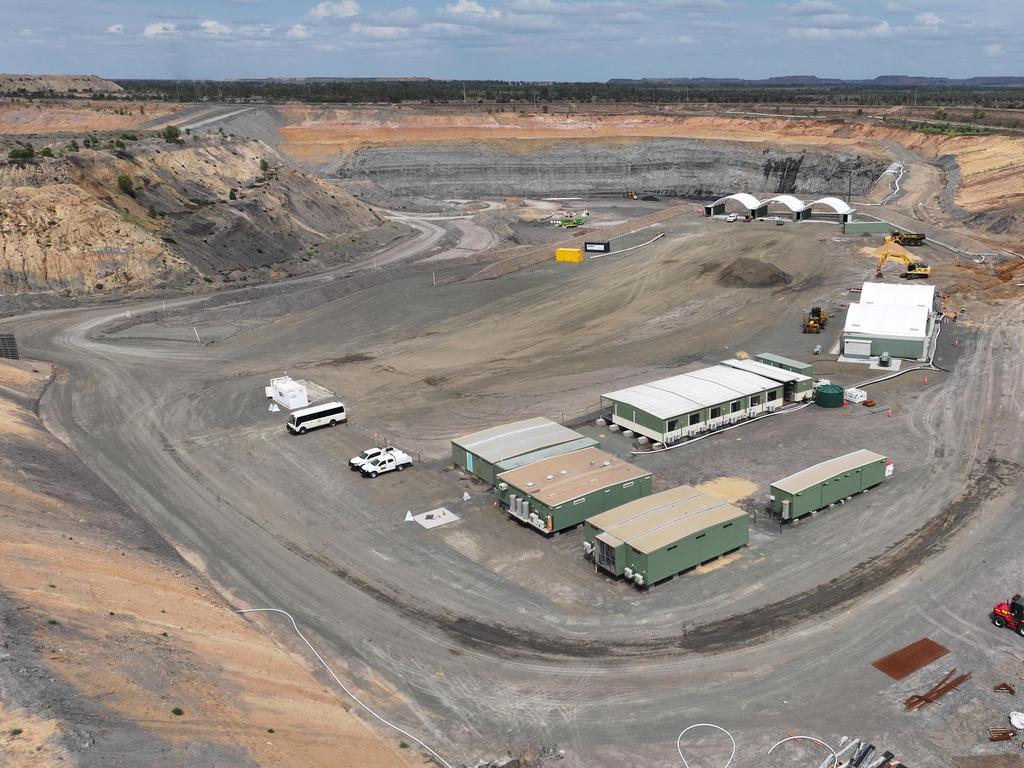
The truth is that despite the billions in taxpayers dollars pumping up unreliable renewables, coal prevails. All the climate change fearmongering in the world can’t stop that.
It was heartening to hear our new Mines Minister Dale Last tell the Queensland Resources Council that Queensland was open for business and welcomed new mines.
Last went further, saying a new Crisafulli Resources Cabinet Committee would remove the “roadblocks” to new mines, whatever that means. I have a sneaking suspicion that the resources committee will meet resistance from green zealots in the public service.
Last said more than 60,000 people are now working in the mining sector in this state. There are 52 coal “projects” operating in Queensland and another 14 that have been approved but are still being built. And there are more to come.
Last was shocked when he started his new job to find “a significant pile of approvals” stacked up on his desk awaiting his signature. Some had been there since 2019, he said.
“Minister Last has worked his way through around a dozen different packages of approvals, most of which relate to extensions of existing petroleum leases,” a spokeswoman said. “The approval of some of these releases was critical to ongoing gas supply in parts of the state.” With the threat of blackouts in at least three states including Queensland, I’m betting coal and gas will be around for another 50 years until small nuclear plants kick in.
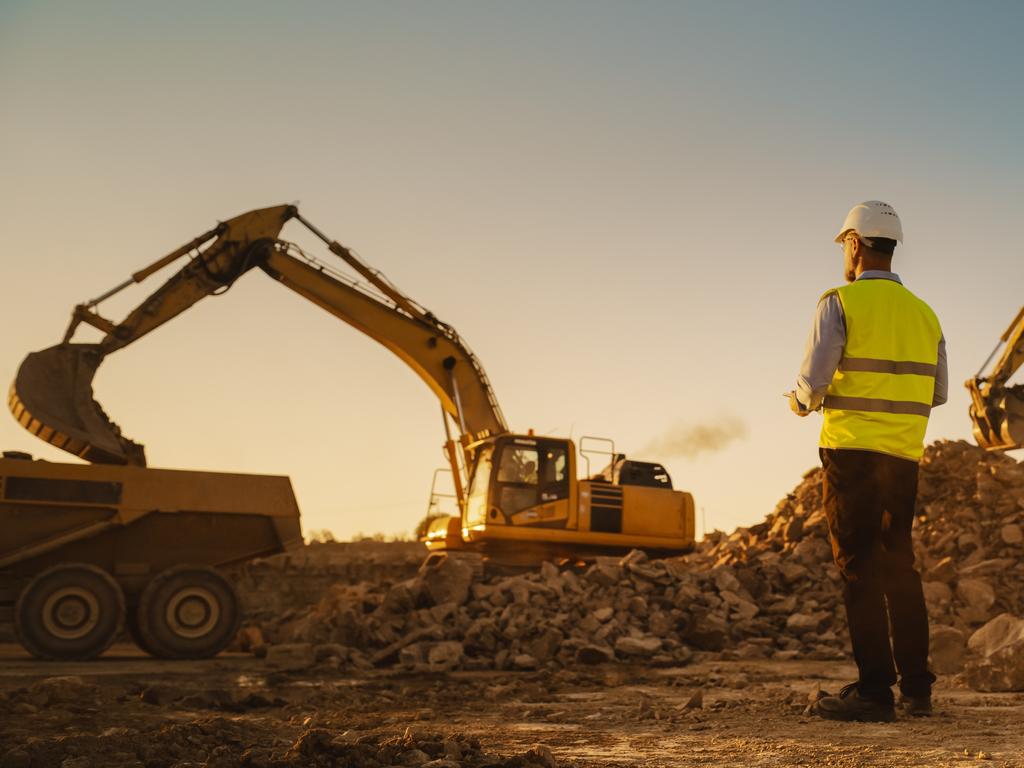
Europe is learning this the hard way. Britain is an awful mess, with renewables failing to deliver enough power, so it is importing electricity from France made in the same nuclear power plants Peter Dutton wants to build here. The power travels to England under the Channel. Britain remains vulnerable however, with The Telegraph reporting that half of France’s nuclear power stations are offline for maintenance.
Germany, too is in a mess. Unlike most of its European neighbours, Germany chose to close down all its nuclear power plants and build a low-carbon energy system based around renewables. The renewables have failed to deliver. Vast stretches of farmland have been given over to solar panels prompting warnings from farmers of food shortages. Germany is planning to charge consumers more on cloudy days when solar fails to deliver.
We are lucky in Queensland that coal is still king. Grant Wechsel is a strong advocate for coal and leads a new push to highlight its benefits. Wechsel, 44, is the executive chairman of MWG Mining Group and believes the industry has failed to promote itself.
“As an industry, coal hasn’t done a great job explaining what it does,” he said. “The public didn’t realise how big the coal industry was and what it did for Queensland. Nobody told them.
“Coal has to be part of the energy mix going forward for a fair while yet.” Coal is used to produce electricity, iron and steel, cement, alumina, paper and chemicals and is also used in every day products including soap, aspirins, solvents, dyes, plastics and carbon fibres.
More than 220 tonnes of coal is required to build a wind turbine.
“We need coal to make the steel to build the infrastructure for the Brisbane Olympics,” Wechsel said.
Deputy Premier Jarrod Bleijie told parliament this week that the Miles government received “record rivers of revenue gold” from coal royalties but the money was not used wisely with record ambulance ramping, record numbers of homeless and record numbers of victims of crime.
“We know coal royalties are fundamental: $15bn in 2022-23 and $10bn last financial year,” he told the House. “However, coal revenues are weakening this year.”
But there are signs of better times. Next week Dale Last will fly to Blackwater in Central Queensland to open Coronado Global Resources’ Mammoth mine, pictured, a source of metallurgical coal used for steelmaking. The firm also has a contract to supply thermal coal to Stanwell Corporation, a Queensland government-owned entity near Rockhampton, to generate electricity.
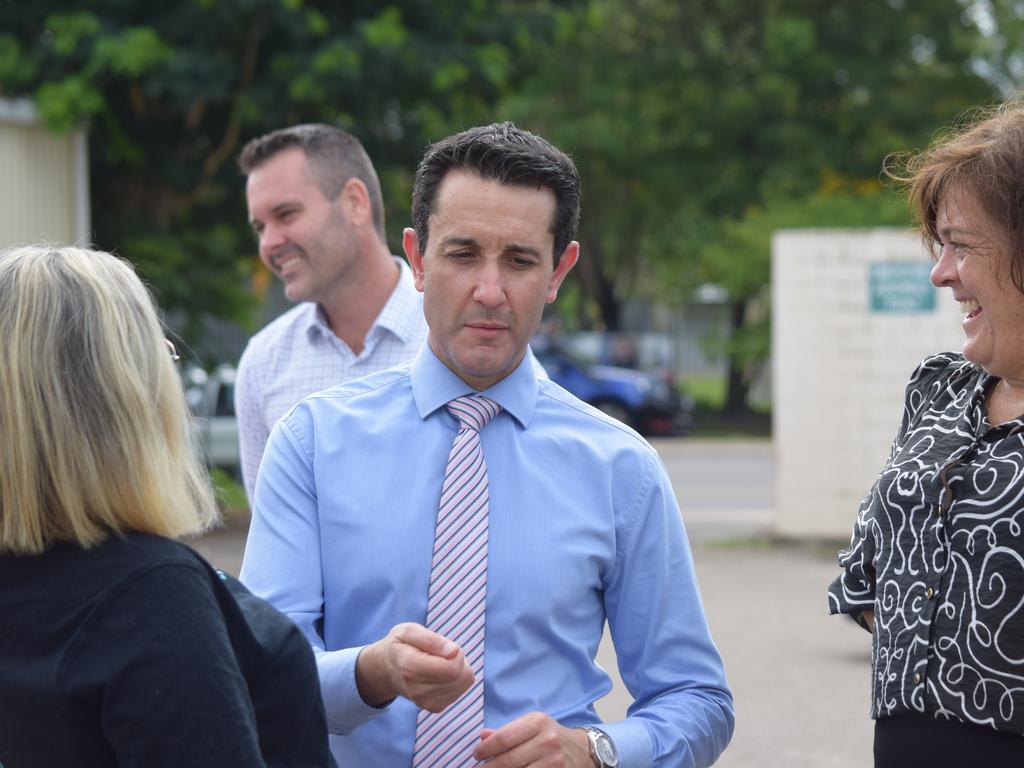
Powell seeks clarity on mystery millions
The Crisafulli government wants to know what happened to the $800m handed out to private firms and universities from the Advance Queensland fund.
It is known that some of the successful applicants took their businesses overseas.
The Palaszczuk government launched the fund in 2015 after its landslide election victory.
Andrew Powell, the Minister for the Environment and Tourism and Minister for Science and Innovation said he was “concerned” about the Advance Queensland payments.
“I am seeking advice to get more clarity around exactly where money has been allocated,” he told me.
Oddly, the fund was not required to file an annual report. A proposed Auditor-General probe was postponed because of the Covid-19 pandemic.
The whole rationale for Advance Queensland was to create jobs.
I’m told by those with inside knowledge that job targets were never reached – and indeed fudged.
Full disclosure is necessary.
The public deserves to know how its money is spent.
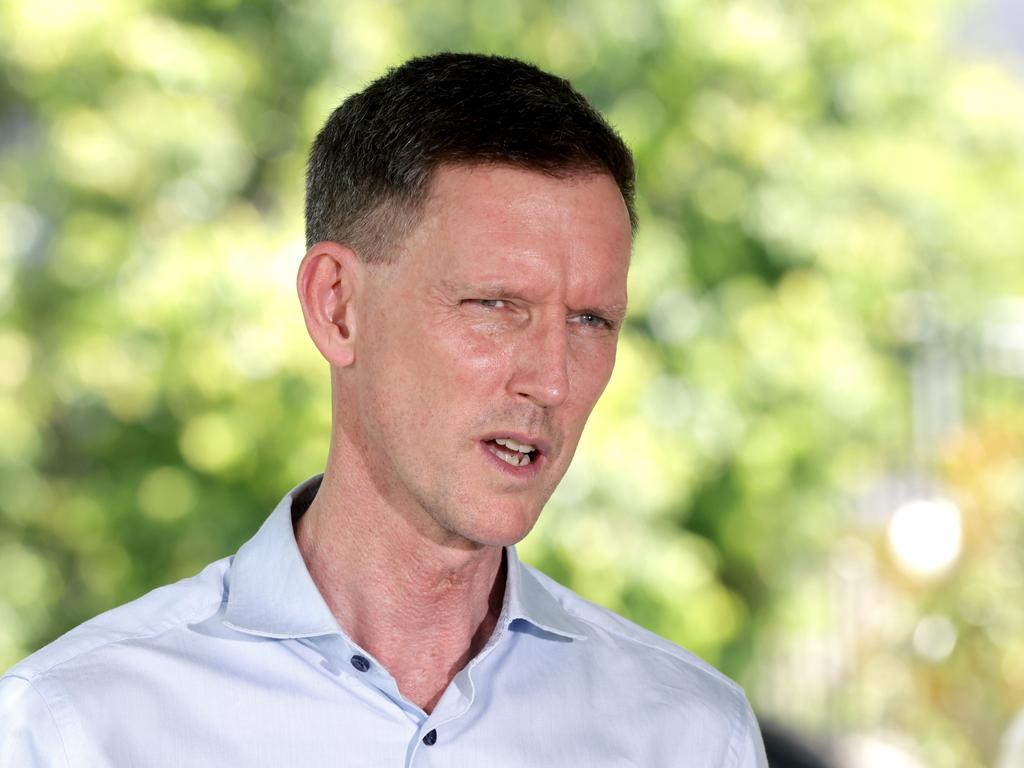
Irritant of the week
Thin-skinned Labor has-been Mark Bailey for repeatedly jumping up in Parliament to call points of order over trivial matters.
Originally published as Des Houghton: Why coal became a dirty word in Qld but continues to be essential


